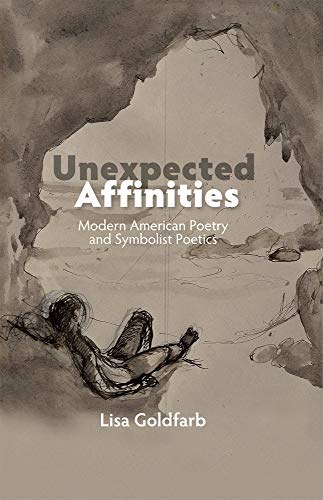
"Unexpected Affinities: A Surprising and Refreshing Read"
1
0

西游记 2023-05-04 16:40:45
Ever since Alexander Popes famous dictum that "The sound must seem an echo to the sense" (45), that ghostly "echo" between sound and sense has haunted poets and critics for centuries. What is the essence of this resonance and what are its modern variations? How do assonance, consonance, and repetitions, or what is commonly called "poetic music," participate in the complex signifying process of modern poetry? Does this special music facilitate, impede, or simply intoxicate the literal sense of a modern poem?
In a lecture titled "Poetry and Abstract Thought" (1939), the French Symbolist Paul Valéry (1871-1945) likens the poetic process to a "living pendulum" that hypnotically swings back and forth between sound and sense "as though the very sense which is present to your mind can find no other outlet or expression, no other answer, than the very music which gave it birth" (72).
Journal of Modern Literature Book Review: https://muse.jhu.edu/pub/3/article/771286
相关推荐
萤火谷的梦想家
艾莉森•麦吉出生于1960年,是美国《纽约时报》畅销书作家,同时也是大都会州立大学创意写作课的教授。她的作品被翻译成20多种语言并出版,也曾被提名普利策奖,并获得苏斯博士奖金奖、克里斯托弗图书奖、美国 [美]艾莉森•麦吉/[美]克里斯托弗•丹尼斯/绘 2023-03-27 16:50:25鬼马女神捕1·绝密卧底(上)
腹黑凤凰vs毒舌鸡妖——蓝翎:“小姬,跟我去人界吧!”姬十四:“干吗?让人宰了我做小鸡炖蘑菇吗?”蓝翎:“不啊,让妖怪宰了你做小鸡炖蘑菇更气派。”凤凰蓝翎和鸡妖姬十四生活在无忧无虑的灵界。他们的故乡叫 郝天晓 2023-04-17 00:22:47© 2023-2025 百科书库. All Rights Reserved.


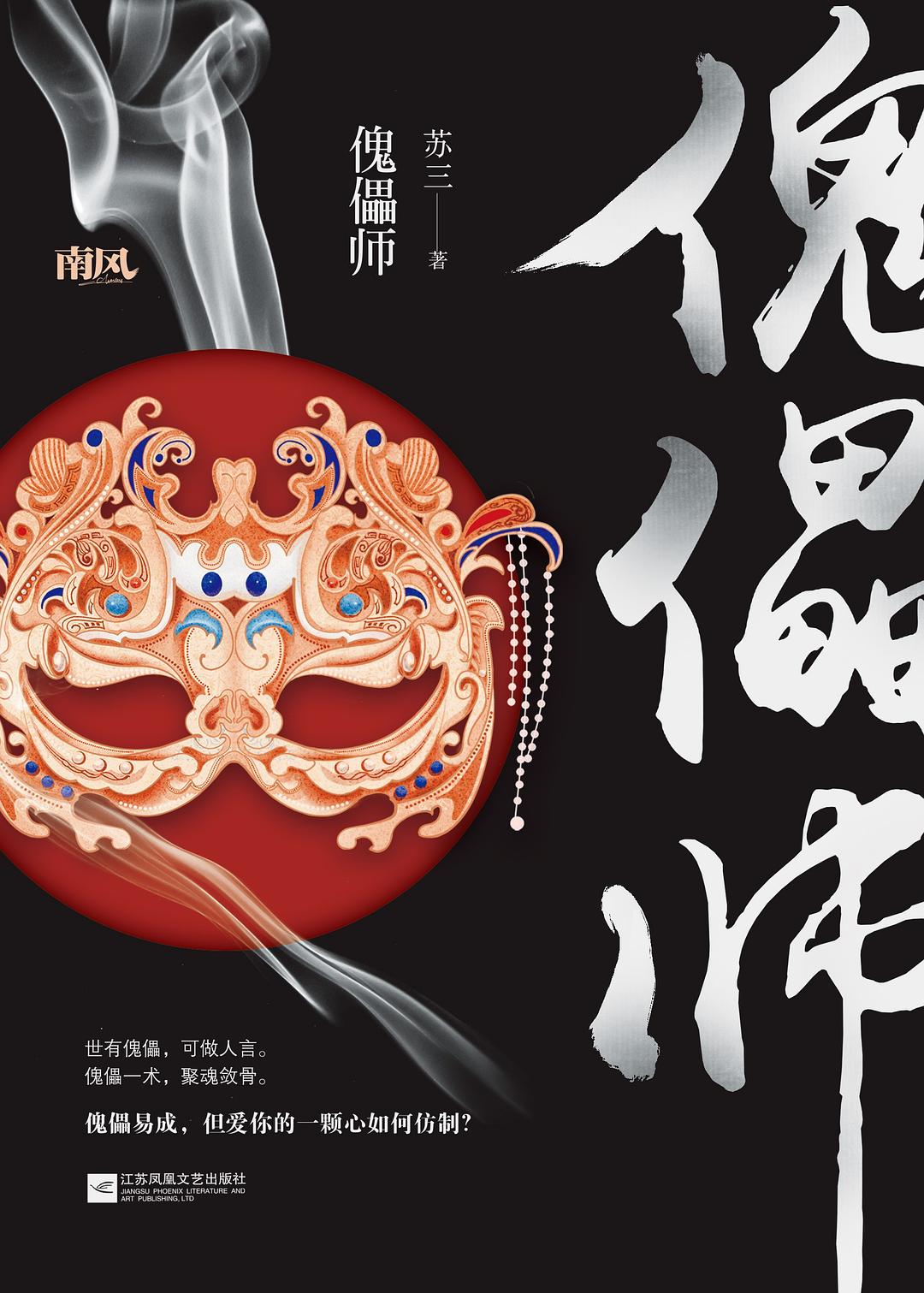
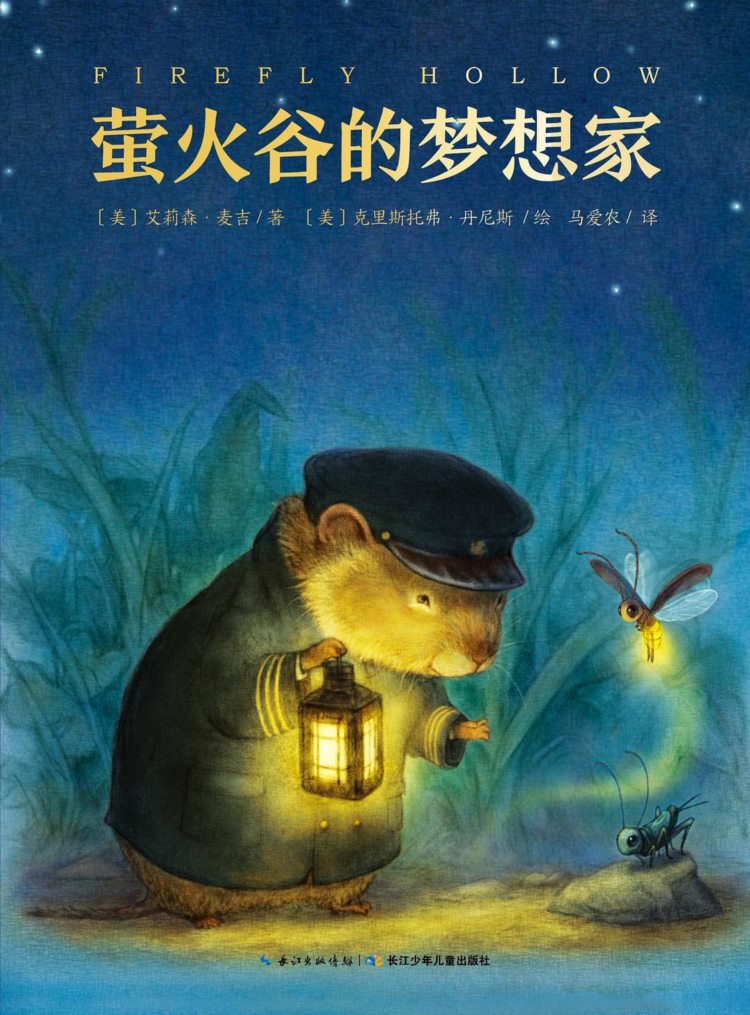
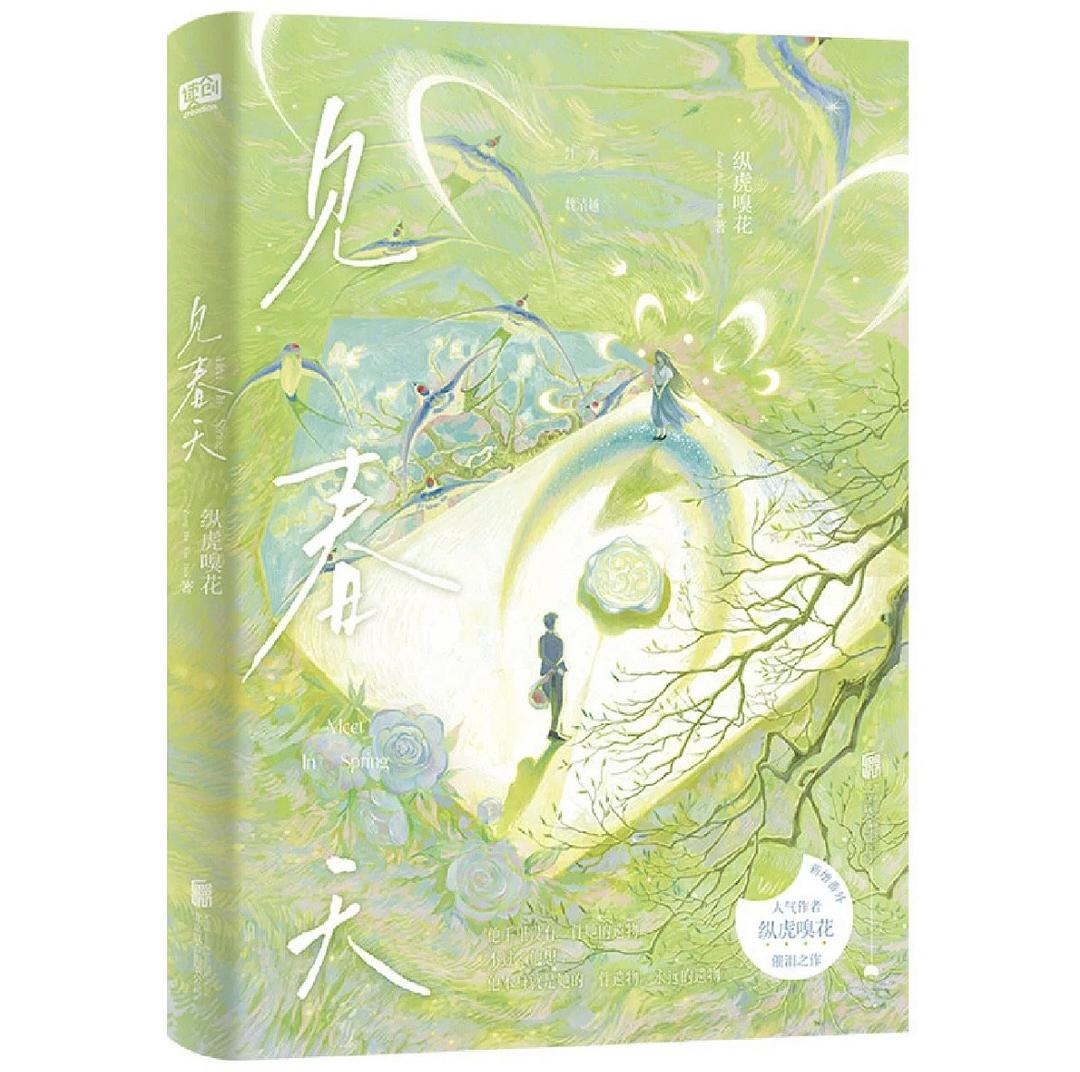



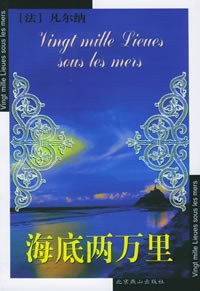



发表评价